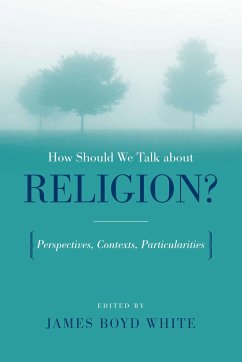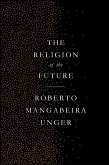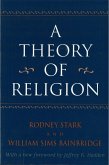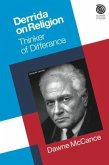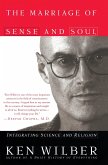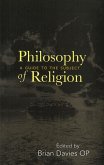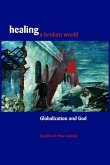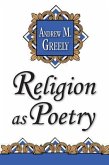"Avoiding the recriminatory rhetoric that all too often pervades cultural, political, and scholarly debates, the authors of these first-rate essays reveal the many ways in which sensitivity to religious belief, thought, and discourse enhances and, in many respects, is absolutely necessary to serious inquiry in their diverse areas of expertise." --Joseph A. Buttigieg, William R. Kenan Jr. Professor of English, University of Notre Dame In this wide-ranging and timely volume, fourteen scholars address the important question, How should we talk about religion, whether our own or the religion of others? They confront such fundamental topics as the sufficiency of "reason" for a full life; the adequacy of our methods of describing and analyzing religion; the degree to which any serious confrontation with the religious experiences of others will challenge our own; and whether there can be a pluralism that does not dissolve into universal relativism. Writing from a diversity of perspectives and academic disciplines--philosophy, classics, medieval studies, history, anthropology, economics, political science, and art history, among others--the contributors illuminate issues at the heart of the most significant cultural, social, and political debates of our day. What emerges is not a univocal answer to the question posed in the title. Instead, by demonstrating how religion is talked about in the languages of very different academic disciplines, the essayists creatively address issues that no one should ignore: fundamentalism; the role of religion in American democracy; the tension between secular liberalism and religious rhetoric; monotheism versus pluralism; and the relationship between poverty and liberation theology. Collectively, their various approaches to talking about religion--differences due to background, age, nationality, religious outlook, and intellectual commitment, yet all valid--provide a general response to the question in the book's title: in intellectual and personal community.

